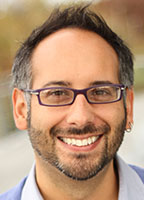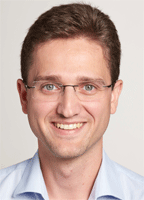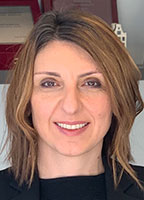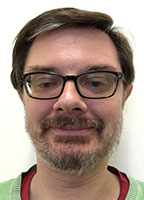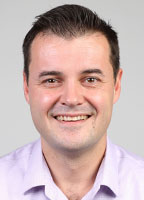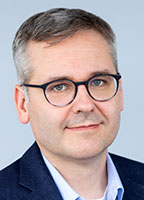Pluripotent stem cells can develop into any cell type in our body. Embryonic stem cells and cells reprogrammed or induced to the pluripotent cell state (iPSC) have this capacity.
Deriving iPSCs directly from the tissues of patients paves the way for personalized medicine by allowing us to study the individual's unique biology. We can now fashion in vitro models of healthy and diseased human tissues using stem cell-based protocols. For example, neuronal organoids reliably recapitulate the in vivo functions in the cell culture dish and undergo changes in structure and function stereotypic for neurodegenerative diseases. Although the models are incomplete in many ways, they often point us to entirely new aspects of disease processes and therefore attract exceptional interest across all disciplines. A recent review article listed more than 100 diseases that can be modeled using patient-derived induced pluripotent stem cells. Not only will this technology allow us to learn about new disease mechanisms and identify novel compounds for treatment, but it will also let us develop new diagnostic tools such as early biomarkers.
At the Black Family Stem Cell Institute, we are combining advances in pluripotent stem cell research and gene editing in powerful ways. For example, we use CRISPR to introduce into human iPSCs genetic mutations that cause disease and grow these mutated iPSCs into tissue organoids that exhibit disease-specific phenotypes. The ability to model an individual patient's particular disease—not just the disease-causing mutation itself but the patient's entire genomic and epigenetic landscape—is central to understanding how a patient will respond to a particular therapy.
The potential for truly personalized medicine is astounding. Mount Sinai is taking advantage of the stem cell revolution to offer its patients the best treatments. Likewise, personalized medicine enables researchers to build on current strengths and set a solid foundation for future endeavors. Our faculty develop more authentic and specific disease models using stem cells or organoids for studying mechanisms and screening therapies in many diseases, including neurological disease, cancer, retinal disorders, and cardiovascular problems.
Investigators with a major focus in pluripotent stem cell biology and its uses in regenerative therapies and personalized medicine include:


